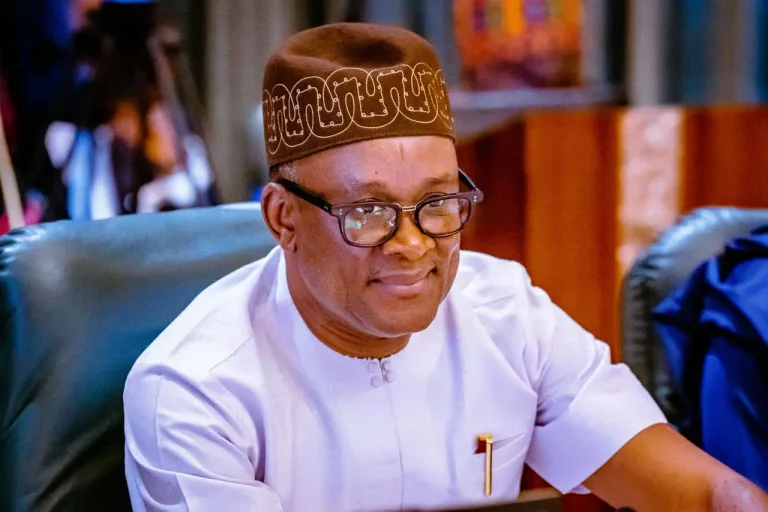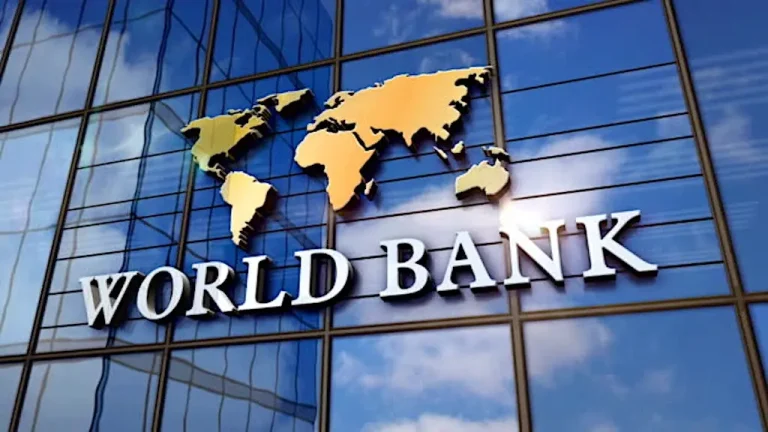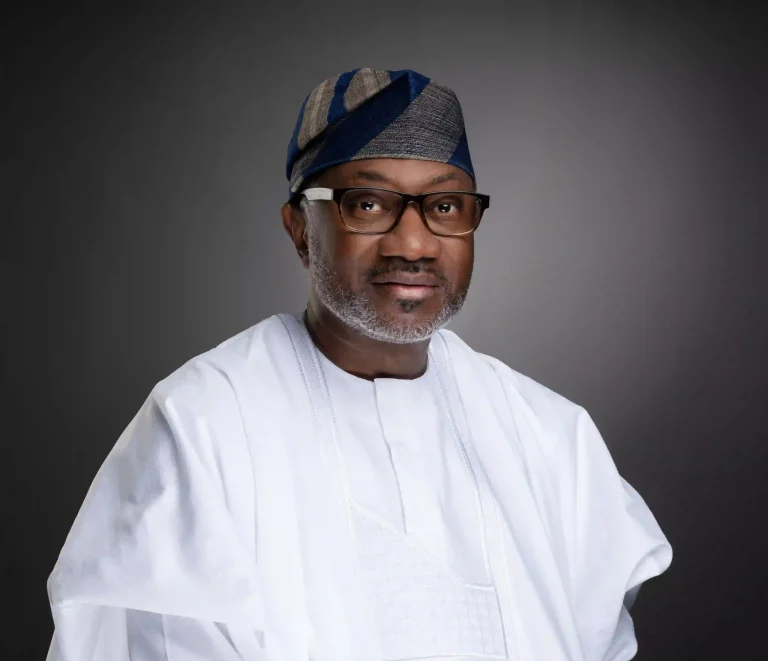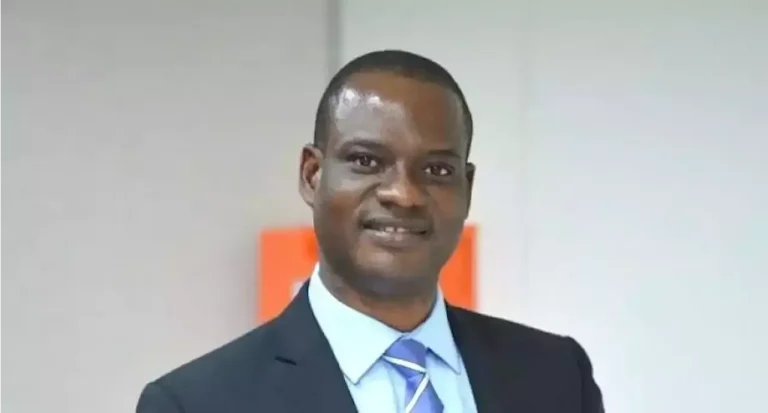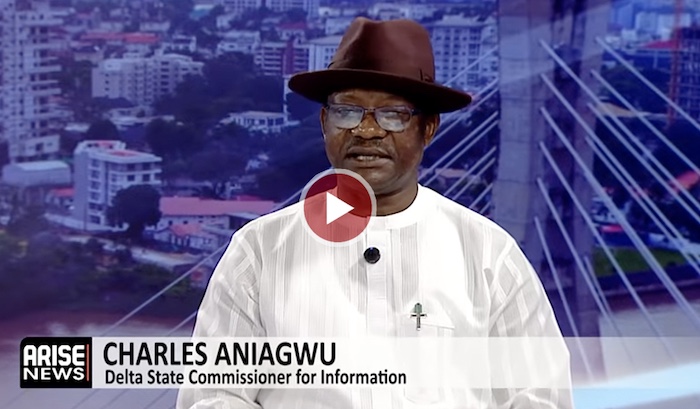

Delta State Commissioner for Information, Charles Aniagwu, has reaffirmed the unwavering commitment of Governor Sheriff Oborevwori’s administration to driving inclusive development across all parts of the state through infrastructure renewal, energy projects, and new industrial initiatives designed to diversify the economy and create jobs.
In an interview with ARISE NEWS on Sunday, Aniagwu emphasised that Delta State’s substantial contribution to Nigeria’s economic base justifies its share of federal allocation, noting that the administration has maintained peace and stability in oil-producing communities, which has made sustained production possible and ensured the continuous inflow of revenue to the national treasury.
“If we’re also receiving what you consider as reasonable, it is because we have contributed much more reasonably to the federal polls,” Aniagwu said. “That is not because the federal government decided to begin to just show us love. It is because we have, first of all, demonstrated love by ensuring security of the coastal communities and making it possible for the federal government to also have enough resources.”
Aniagwu stated that Delta has been able to attract and sustain major investments because the state government deliberately provides a secure and enabling environment for both oil and non-oil economic activities. He explained that the administration’s efforts to ensure peace and stability in the Niger Delta region have been critical to Nigeria’s overall fiscal health.
“It is because we have, first of all, demonstrated love by ensuring security of the coastal communities, and indeed, this number of areas where oil is being exploited, and making it possible for the federal government to also have enough resources. And that happened because we have provided a whole lot of security, a whole lot of enabling environment as a government for this oil production to take place.”
According to him, the Oborevwori administration is implementing an ambitious infrastructure programme that spans all 25 local government areas. This, he said, includes road construction, hospital revitalisation, and school upgrades, all aimed at improving living conditions while stimulating local economies.
“The Oborevwori government has taken it a notch higher, reaching out to the 25 local government areas by way of not only road construction, revamping our hospitals, and indeed upgrading our schools,” Aniagwu said. “All this is with a view to also providing some form of safety nets for our people.”
He further noted that such projects create ripple effects by providing employment opportunities and improving the social and economic profile of communities. “Beyond the fact that constructing and building this infrastructure make funds available to those communities,” he said, “it also helps to change the skyline of government facilities within a particular neighbourhood.”
Turning to the issue of electricity in parts of the Ndokwa nation, Aniagwu clarified that the challenge is primarily concentrated in the Kwale axis, not the entire Ndokwa area. He announced that the state government is extending 33kV power lines from Abraka through Ogume to Kwale to boost supply and bring power to affected communities.
“What is being done will, in the very not too distant time, energise those communities that are affected, in less than four months,” he stated.
Responding to questions about the stalled Independent Power Plant (IPP) project in Kwale, Aniagwu explained that the facility belongs to the federal government, and therefore, the state has limited authority to alter or step down its output. “When you talk about stepping down what you don’t own, you must follow certain processes,” he explained. “It has been fed into the national grid, which means it is available to everyone, including those outside Delta. What is most important is that at the end of the day, our brothers and sisters in that part of the Ndokwa nation are energised electrically, in which case they have power.”
Aniagwu stressed that the administration’s intervention in power distribution is part of its broader goal to stimulate local businesses, create jobs, and improve security by expanding the economic space available to citizens.
“It is also in the enlightened self-interest of our own administration to get those communities energised,” he said. “Because once that is done, the little businesses you have around there will also blossom, and that to a very large extent will also fall in line with our responsibility to reducing insecurity.”
Speaking further on the Kwale Free Trade Zone, the he revealed that the Oborevwori government would perform the groundbreaking ceremony “just next tomorrow.” He disclosed that nearly 1,000 hectares of land had been earmarked for development, with several companies already setting up operations. “Today, as we speak, a number of companies have come into that particular free trade zone and they are building,” he said. “I was there about five days ago to take a look at where we are going to have that particular event.”
Aniagwu described the Free Trade Zone as a game-changer for Delta State, saying it will not only attract investors but also help reduce gas flaring by converting waste gas into energy for industrial use. “If you go to that particular free trade zone today, you will see companies that are already involved in gas processing, which has also largely reduced gas flaring within that particular corridor,” he said. “Beyond the fact that you are now having cleaner air to breathe, it is transforming the area into an industrial hub that will drive energy production and employment.”
He likened the project’s benefits to a household dynamic, explaining that communities within the area would enjoy the earliest gains. “So our brothers and sisters in the Indo-Kwa nation are even the first beneficiaries. Because those who work within the companies that will be located within this free trade zone will not come to four local governments away from Kwale to begin to look for accommodation.”
Aniagwu also attributed the state’s progress to the harmonious working relationship between the executive and legislative arms of government. He said Governor Oborevwori’s deep understanding of governance, stemming from his experience as a former Speaker of the State House of Assembly, has fostered unity and transparency in governance.
“Sheriff, because of his strict credibility, has been able to indeed show credibility. That means that you understand the terrain, the environment, the human capital and everything that is involved. Because of that level of understanding, has been able to work very, very harmoniously with the three arms of government and indeed the people of Delta.”
He added that the equitable distribution of infrastructure projects across the state’s three senatorial districts has further strengthened public trust and ensured that no part of Delta feels left behind. “The distribution of infrastructure is done in such a way that there’s equitability,” he explained. “If you look at the very mega projects we are talking about, whether it’s the bridge in Nabo, the bridge in Utugulu, or the bridge in Warrinthese are meant to further cement the bond that exists between the three senatorial districts.”
Aniagwu concluded that transparency, collaboration, and inclusiveness remain the cornerstone of the Oborevwori administration’s governance model. He said these principles have helped to reduce the state’s debt burden while ensuring that development projects directly benefit citizens. “On top of it all is the transparency that Sheriff has brought to bear,” he said. “Little wonder we have also been able to largely reduce the burden of the state. The Oborevwori administration remains committed to creating an environment where every Deltan can thrive.”
Erizia Rubyjeana
